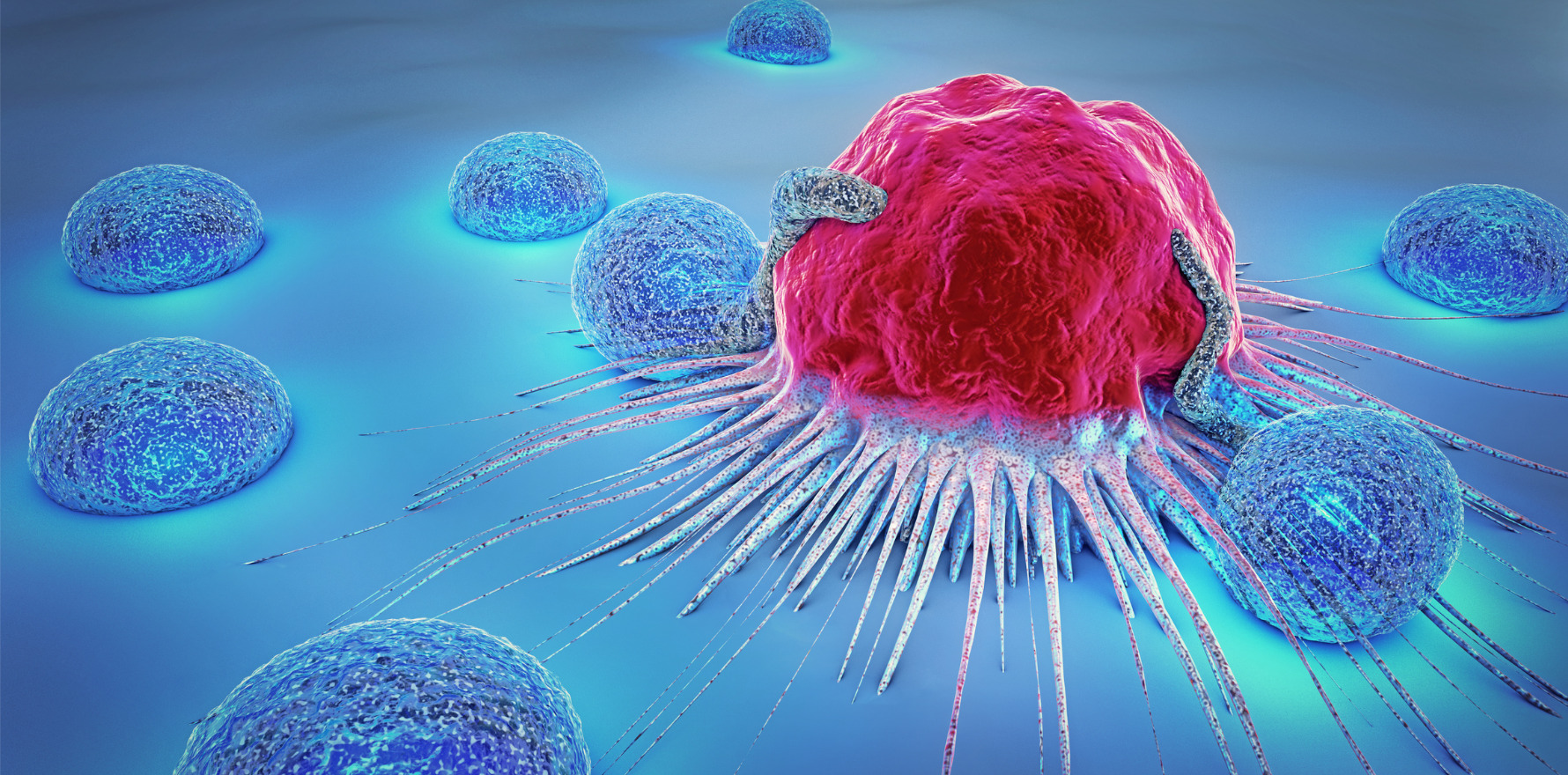Shock findings from Leukaemia Foundation research reveals four in five Aussies can’t name a single blood cancer symptom.
National data from the Leukaemia Foundation signals an urgent need for increased clinical vigilance and patient education, as awareness of blood cancer symptoms remains critically low among Australians.
The research reveals that four in five Australians are unable to name even a single symptom of the disease – despite blood cancer being the second leading cause of cancer-related death in the country.
Just 18% of adults surveyed could identify a main symptom associated with blood cancer, against the backdrop of a 79% increase in blood cancer incidence over the past 20 years.
Millennials were more likely to claim symptom awareness of blood cancer (21%) compared to Gen Z (12%) and Gen X (15%), the research revealed.
Aussies worried about cancer diagnoses in their lifetime were more likely to report awareness of blood cancer symptoms (19%), compared to those who are not worried or haven’t thought about it (13%).
Among those aware of a symptom of blood cancer, seven in 10 (69%) correctly identified fatigue, bruising, swollen nymph nodes or night sweats as symptoms of blood cancer, while the majority identified fatigue/ tiredness (64%), 21% identified bruising, 11% identified night sweats and 4% identified swollen lymph nodes. Other common symptoms mentioned included weight loss (23%), fever (20%), bleeding or anaemia (12% respectively) and pale skin (12%).
Leukaemia Foundation CEO Chris Tanti said the findings highlighted the need for better symptom recognition and timely diagnosis was more critical than ever.
“This latest research clearly proves Australians are dangerously in the dark when it comes to knowing the signs and symptoms of blood cancer,” said Mr Tanti.
“Blood cancer is Australia’s hidden cancer crisis and on track to overtake all other cancers in this country to be the most diagnosed and deadly cancer by 2035.
“Without knowing the signs and symptoms, people may not visit their GP or seek help early, leaving them at risk of a delayed diagnosis and treatment.
“Every second counts when it comes to a disease like blood cancer, and even the slightest delay in accessing lifesaving treatment could impact someone’s chances of survival.”
Currently, one in 12 Australians is expected to be diagnosed with a blood cancer such as leukaemia, lymphoma, or myeloma in their lifetime. Up to one in three patients experiences delays in diagnosis, often due to vague or misattributed symptoms.
According to the Australian Institute of Health and Welfare, the number of annual cases of all blood cancers combined almost doubled in 2024 (an estimated 20,044 cases) from the 10,606 cases recorded in 2023.
In 2011-2015 66.8% of people survived for five years after diagnosis, rising to 69.6% in 2015-2020, according to the AIHW.
These symptoms are often non-specific and may mimic less serious conditions, making differential diagnosis challenging, particularly in general practice. However, delayed diagnosis significantly worsens outcomes.
The foundation’s latest findings mirror similar research from 2021, showing that awareness of blood cancer signs and symptoms has not improved.
“Awareness of blood cancer symptoms is stagnant, while the number of people at risk of the disease continues to grow,” Mr Tanti said.
Blood cancer is already the second highest cause of cancer related deaths in the country, with the disease impacting people of all ages, from children and adolescents to adults and older Australians.
And unlike other prevalent cancers like lung, breast, prostate, skin and bowel, blood cancer cannot be detected through screening. Nor can you prevent or reduce your risk of being diagnosed, propelling the need for greater education on the signs and symptoms.
To help close the knowledge gap and increase awareness, the Leukaemia Foundation is launching a new public health campaign featuring an animated character called ‘The Blood Count’.
“Patients often tell us they wish they’d known the symptoms of blood cancer earlier as it would have ensured they visited their GP quicker to enable a timelier diagnosis,” said Mr Tanti.
“The sooner someone is diagnosed with blood cancer, the greater their chances of surviving the disease.”
The foundation’s resource clearly lists seven hallmark symptoms of blood cancer that patients and clinicians should not ignore, including:
- Recurrent infections
- Persistent and increasing fatigue
- Unexplained bruising or bleeding
- Unintentional weight loss
- Drenching night sweats
- Pain in bones, joints, or abdomen
- Enlarged lymph nodes, lumps or swellings
See the foundation’s new resources here.


